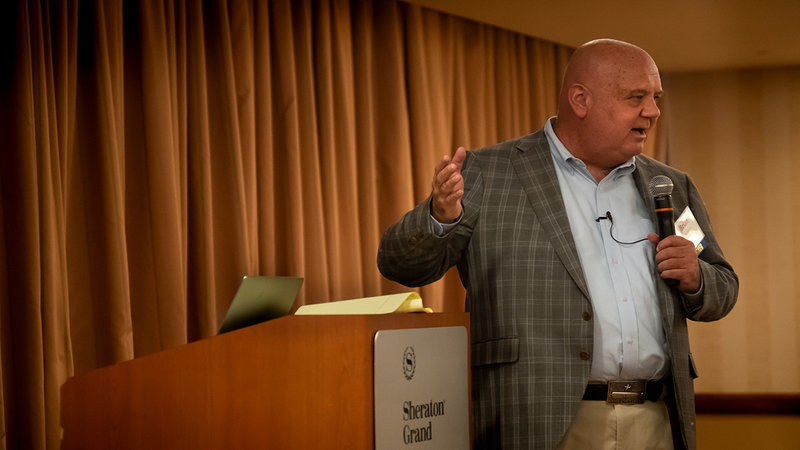The overall commercial mortgage-backed security (CMBS) delinquency rate reached 10.3% in June, up from 7.15% the previous month, according to industry data.
Trepp, the leading provider of commercial mortgage data, also found that the current rate of CMBS delinquencies is rivaling the all-time July 2012 high of 10.34%.
“The special services we're dealing with, maybe 1% of their portfolio was in default before COVID-19,” attorney Brian Mahany told Washington, D.C. Business Daily. “Now, it’s a huge percentage and they haven't ramped up. They just don't have the staff to deal with it.”
Among the looming casualties of the CMBS delinquency crisis is the hotel industry.
“Unlike traditional banks, special servicers can acquire property for their own portfolio,” said Mahany, who sued special servicers on behalf of three hotel operator clients. “You have all of these companies, like Starwood, that own a special servicer or two and they have a whole division that acquires distressed properties.”
About 8,000 hotel properties across the U.S. are at risk for succumbing to foreclosure by September, according to the American Hotel & Lodging Association.
“Special servicers only get paid when a property is in special servicing,” Mahany said. “They have no incentive to hurry up and get a distressed hotel owner out of special servicing because special servicers are only making money when the borrower is in special servicing.”
Currently, the Coronavirus Aid, Relief, and Economic Security (CARES) Act provides Paycheck Protection Program funding to many hoteliers. However, harboring CMBS debt creates a gray area for business owners because their agreements typically disallow additional borrowing. In addition, CMBS trusts require principal and interest payments to continue and, as a result, business owners who have borrowed are afforded less ease to change their loan agreements.
“There's a clear policy in the CARES Act about COVID-19 from Congress, the administration and banks to work with borrowers,” Mahany said. “The Office of the Comptroller of the Currency (OCC), the FDIC, the president and Congress have all said these things but nobody regulates special servicers.”
Politicians have been taking action to help, according to media reports.
For example, on July 31, U.S. Sen. Mike Crapo (R-Idaho), the Senate Banking Committee chairman, requested that the Federal Reserve and Treasury Department address the unusual circumstances faced by commercial real estate, including securitized commercial mortgages, whether through the Main Street Lending Program (MSLP) or a separate facility.
“Establishing a facility to accommodate asset-based lending could open access to critical resources for several industries that could not otherwise access the MSLP based on earnings or cash flow metrics. Such asset-based lending would be predicated on pledged collateral,” Crapo wrote in his letter.
In response to the emerging CMBS crisis, Rep. Van Taylor (R-Texas) introduced bipartisan legislation called Helping Open Properties Endeavor (HOPE) Act, which addresses the commercial mortgage crisis for CMBS loans.
“These industries don’t need a bailout but they do need flexibility and support provided in the HOPE Act to keep their doors open, drive local their local economies, and support families across the country,” Taylor said in an online statement.
The HOPE Act will create a lending entity that allows borrowers to request assistance without breaching their borrower contracts.

